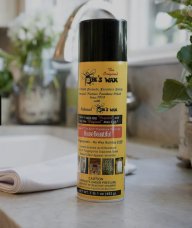Smitty22kick
Member
You think lemon juice in a spray bottle would be do the trick the same as fresh lemon?guys save your money and just wipe a piece of lemon on the cymbal for a couple minutes and viola, all fingerprints and oxidization comes off no hassle (seriously). Logos stay intact as much as you do it. Make sure to wash with water and dry asap when you're done. thank me later.




